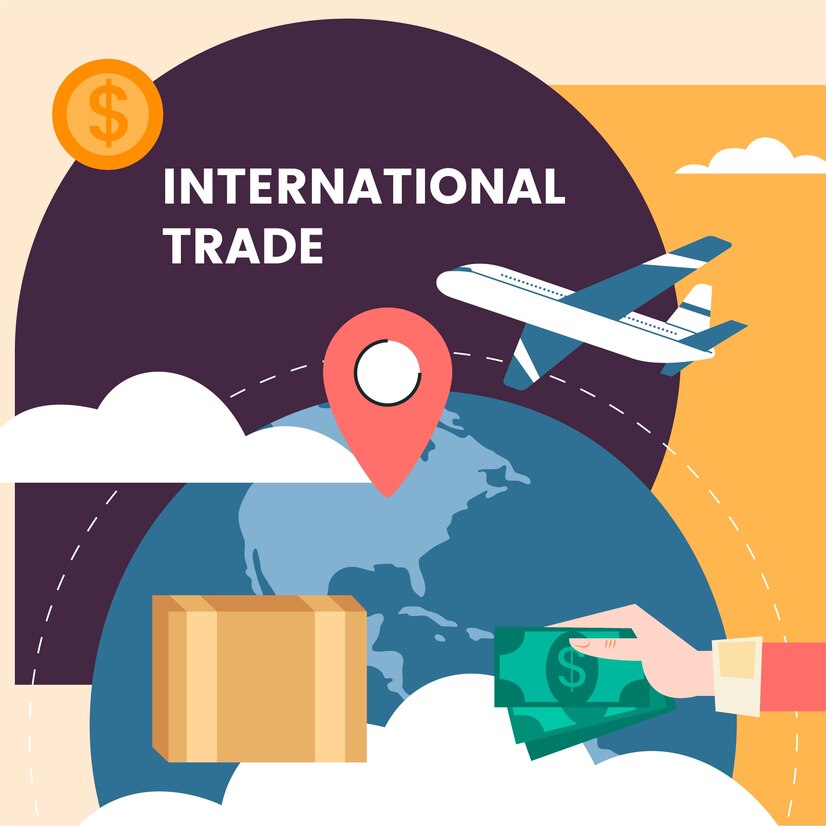The e-commerce landscape is rapidly evolving, with a new wave of competitors challenging traditional giants for market dominance. One of the most notable rivalries in this arena is the competition between Amazon, the longstanding global leader in online retail, and Temu, a relatively new contender that is quickly gaining attention. While Amazon has been synonymous with e-commerce for nearly three decades, Temu, owned by the Chinese company PDD Holdings, is positioning itself as a serious challenger to Amazon’s dominance, offering competitive pricing, an expansive product catalog, and a mobile-first experience. This article delves into the similarities and differences between these two e-commerce giants, exploring how they operate, the challenges they face, and the strategies they employ to win over consumers.
Amazon: The E-Commerce Titan
Amazon was founded in 1994 by Jeff Bezos as an online bookstore but has since grown into the world’s largest e-commerce platform. Today, Amazon sells everything from electronics and clothing to groceries and digital content, and it has become a household name in many parts of the world. It has more than 300 million active customer accounts globally and offers its services in dozens of countries. Amazon’s business model includes a mix of direct sales, third-party marketplace integration, and a robust logistics network, making it the go-to platform for millions of consumers looking for variety, convenience, and speed.
Strengths of Amazon:
- Brand Recognition and Trust: Amazon has established itself as a trusted brand, with customers often associating the platform with reliability, fast shipping, and a wide range of products.
- Amazon Prime: The subscription service provides members with fast, free shipping, access to Amazon’s streaming services (Prime Video, Prime Music), and other perks. Prime has become a key differentiator, locking customers into Amazon’s ecosystem.
- Logistics and Fulfillment: Amazon’s Fulfillment Centers, with their advanced technology, enable the company to offer quick delivery times, sometimes even within hours. Amazon has also made major investments in its own transportation network, including planes, trucks, and drones.
- Diverse Ecosystem: Beyond its e-commerce platform, Amazon operates in cloud computing (AWS), digital content (Amazon Studios, Audible), and smart home technology (Alexa, Echo devices), creating a broad ecosystem that keeps customers engaged.
Challenges for Amazon:
- Increasing Competition: As e-commerce becomes more ubiquitous, Amazon faces fierce competition from both established players and newer entrants like Temu, Walmart, and niche online stores.
- Regulatory Scrutiny: Amazon’s market dominance has drawn the attention of regulators in the U.S. and Europe, with concerns over anti-competitive practices and labor conditions in its warehouses.
- Rising Operational Costs: Maintaining Amazon’s vast logistics network and expanding its product catalog can be costly. In recent years, the company has seen shrinking margins as it invests heavily in expansion and new ventures.
Temu: The New Challenger
Temu was launched in September 2022 and is a subsidiary of PDD Holdings, the parent company of Pinduoduo, one of China’s largest e-commerce platforms. Temu’s rise in the U.S. market has been swift, offering an enticing alternative to Amazon and other online retailers. Unlike Amazon, which built its reputation on premium service, Temu is focused on offering extremely competitive prices by leveraging its connection to Chinese manufacturers and suppliers.
Temu’s platform features an extensive range of products, from fashion and beauty to home goods and electronics. The company’s strategy is to connect global consumers directly to manufacturers, cutting out the middlemen that often inflate prices. This has allowed Temu to offer products at a fraction of the cost compared to Amazon and other established competitors.
Strengths of Temu:
- Extremely Competitive Pricing: Temu has quickly gained attention for its low prices. The platform offers significant discounts, often 30-50% lower than competitors, by leveraging its relationships with Chinese manufacturers and eliminating intermediaries in the supply chain.
- Strong Connection with Pinduoduo: Temu’s parent company, Pinduoduo, has a proven track record of success in China. By leveraging Pinduoduo’s vast network of suppliers, Temu is able to provide a broad range of affordable products to U.S. consumers, particularly in lower-cost categories.
- Mobile-First Experience: Temu is designed with a mobile-first approach, offering a highly user-friendly app that integrates social and interactive elements, making shopping feel more like a community experience. It has been particularly successful in attracting younger, tech-savvy shoppers.
- Aggressive Marketing and Promotions: Temu has invested heavily in marketing to boost brand awareness in the U.S., using heavy discounts, referral bonuses, and targeted advertising. These efforts have helped the company build a loyal user base in a relatively short amount of time.
Challenges for Temu:
- Brand Recognition: As a relatively new player, Temu doesn’t yet have the brand trust and recognition that Amazon has built over decades. Convincing consumers to buy from a new platform requires significant marketing and word-of-mouth referrals.
- Logistics and Shipping: Although Temu offers low prices, shipping times can be slower than Amazon’s, especially for products that are shipped from overseas. This could be a barrier for consumers accustomed to Amazon’s fast, sometimes next-day, delivery service.
- Product Quality and Customer Service: While Temu offers great prices, concerns about product quality and customer service have surfaced. Buyers may face challenges with returns, and the platform has yet to establish the same level of customer support and trust that Amazon has cultivated over the years.
- Regulatory Scrutiny: As Temu grows in the U.S. and other Western markets, it may face increased scrutiny over the origins of its products, its data privacy practices, and its business operations. There are also concerns about the environmental impact of fast shipping from overseas.
Amazon vs. Temu: Key Differences
| Feature | Amazon | Temu |
|---|---|---|
| Founded | 1994 | 2022 |
| Parent Company | Amazon.com, Inc. | PDD Holdings (Pinduoduo) |
| Market Focus | Broad, all-market e-commerce | Low-cost products, price-sensitive consumers |
| Product Range | Extensive (electronics, books, groceries, etc.) | Extensive (but more focused on affordable consumer goods) |
| Delivery Speed | Same-day, 1-2 day shipping (with Prime) | Slower shipping (longer wait times) |
| Customer Experience | Premium service, return policy, Prime perks | Discount-driven, app-based experience |
| Global Reach | Global, with established infrastructure | U.S. and expanding, relying on Chinese suppliers |
The Future of Amazon vs. Temu
The rivalry between Amazon and Temu represents a shift in the e-commerce landscape, with both platforms offering distinct value propositions. Amazon’s dominance and vast infrastructure provide an edge in terms of reliability, customer service, and a premium shopping experience. In contrast, Temu’s rapid growth, driven by aggressive pricing and a mobile-first approach, offers an appealing option for budget-conscious consumers.
As Temu continues to expand and refine its logistics, quality control, and customer service, it will likely compete more directly with Amazon, especially in lower-cost product categories. However, Amazon’s brand loyalty, global reach, and technological innovations give it an enduring advantage that will be hard to overcome in the short term.
Ultimately, the competition between Amazon and Temu is good for consumers, who will benefit from more options, competitive pricing, and improved shopping experiences. The next few years will reveal whether Temu can sustain its momentum and challenge Amazon’s dominance or if the e-commerce giant will continue to reign supreme.





Recent Comments